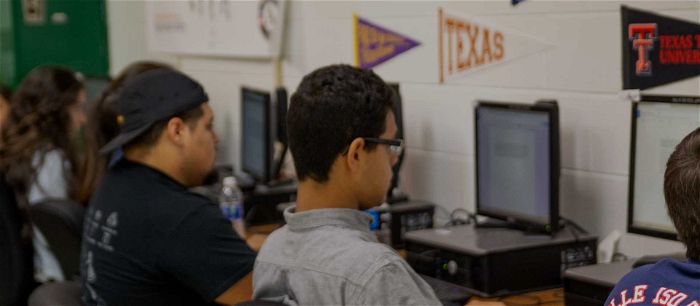Immediately upon taking office, President Barack Obama articulated in speeches and policy what Americans already knew: achieving some form of education or training beyond high school—whether it’s a one-year training certificate, a two-year Associate’s degree, or a four-year Bachelor’s degree—is critical to our country’s future.
Despite the need to increase the educational levels of all Americans, educational inequities persist. National assessments continue to show persistent gaps in K-12 school achievement by race, ethnicity, and income. About 65 percent of low-income students complete high school, compared with 91 percent of middle- and upper-income students. Young people from the middle and upper ends of the socioeconomic scale are almost five times more likely to earn a two-year or four-year college degree than those from low-income families.
Innovations in College Readiness describes a young national effort—the Early College High School Initiative—that in seven years has made headway in contesting those trends. The initiative has done so by focusing on the same challenge President Obama enunciated: getting more students prepared for and successfully completing postsecondary education. Through the creation of 201 early college high schools in 24 states, the initiative reaches students who typically fall through the cracks between America’s system of K-12 schools and its system of postsecondary education: low-income youth, first-generation college goers, English language learners, students of color, and other young people underrepresented in higher education. In a bold approach, early college schools, as they are also called, engage these students in a rigorous and supportive educational program that enables them to succeed in college classes before they graduate from high school.


